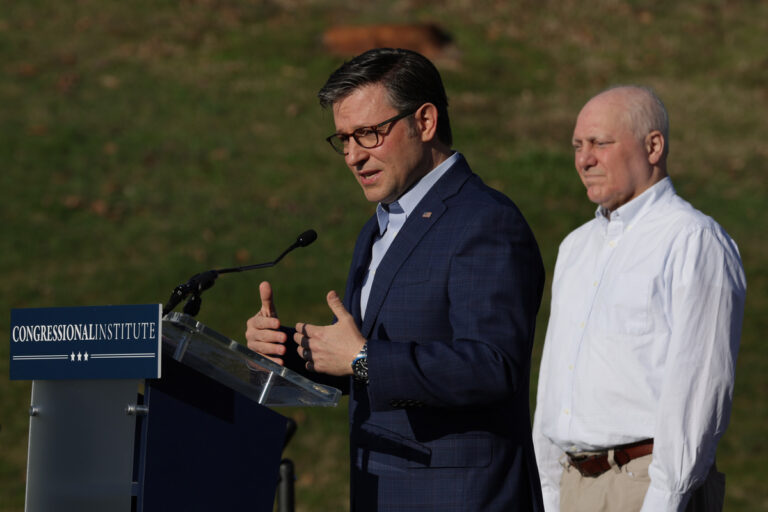Fringe Activists Continue Mission to Disrupt American Energy Production and Transportation
Yesterday, two protesters were arrested in Richmond, California, after tying themselves to oil barrels and blocking the entrance to the Kinder Morgan Terminal, preventing any vehicles, including emergency response teams, to access the facility. They were two of about a dozen protesters who were blocking several entrances to the building in opposition to the company’s expansion of the Trans Mountain Pipeline in Canada. The environmental fringe is attacking – proudly – virtually every interstate pipeline project currently under consideration or construction. That despite these lines being lawfully permitted.
There are currently more than 2.4 million miles of pipelines transporting petro-chemicals to communities across the U.S. Domestic pipeline construction and operation companies are fully committed to project safety, environmental concerns, and the needs of local communities and landowners along pipeline routes. These companies work with regulators, environmental stewards, local citizens, elected officials, and highly trained construction workers to ensure these projects are done right. Such responsible development of oil and gas infrastructure supports our country’s economic prosperity and creates jobs.
Craig Stevens, spokesman for Grow America’s Infrastructure Now (GAIN) Coalition, issued the following response:
“We are seeing protests along nearly every interstate pipeline project in the country. Unfortunately these activities – many of which are illegal – are the new normal and an added cost of doing business for energy developers and energy infrastructure companies. Oil pipelines are carefully sited and constructed working with state and federal regulators, topographers, engineers, historic preservation officers, and highly trained workers. These activists admitted that their goal is to bring about the end of fossil fuels. This belies the reality that the U.S. needs more than 800 million gallons of gasoline and other petro-chemical products every day for transportation and to serve as feedstock for thousands of household products from sneakers to soccer balls. Pipelines help us transport that energy in a safe and environmentally sensitive manner.”

